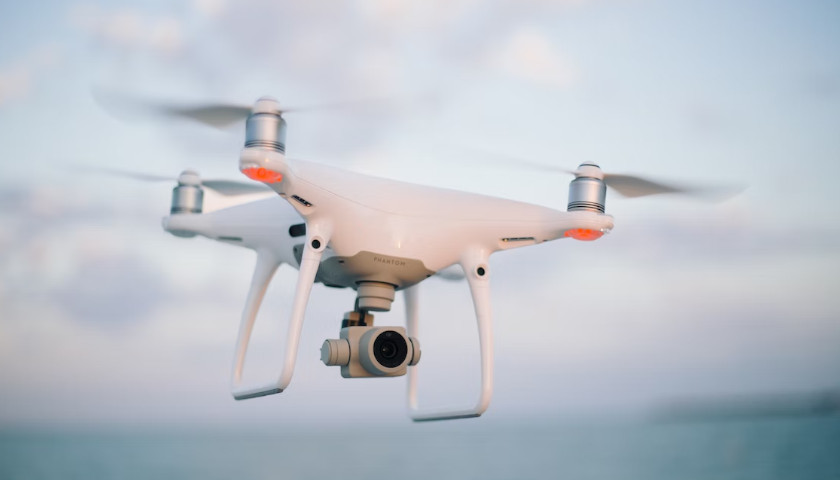Huawei’s founder said Monday that the Chinese telecom giant’s revenue will be $30 billion less than forecast over the next two years, as he compared the company to a “badly damaged plane” in the face of U.S. government actions against it.
“We never thought that the U.S.’s determination to attack Huawei would be so strong, so firm,” Ren Zhengfei (pictured above), who is also the CEO, said during a panel discussion at company headquarters in Shenzhen.
Ren said Huawei will reduce capacity and expects revenues of about $100 billion annually for the next two years, compared to $105 billion in 2018. In February, he said the company was targeting $125 billion in 2019.
Huawei’s overseas cellphone sales will drop by 40%, Ren said, confirming a Bloomberg report published Sunday. But the Chinese market is growing rapidly, and Huawei will not allow restrictive measures to curb its research and development, he added.
Huawei is embroiled in an ongoing trade dispute between China and the U.S., which has accused Chinese companies such as Huawei of committing forced technology transfers and stealing trade secrets. Last month, the U.S. placed Huawei on its “Entity List,” which effectively bars American companies from selling components to Huawei without government approval.
In December, Huawei chief financial officer Meng Wanzhou – Ren’s daughter – was arrested in Vancouver at the request of U.S. authorities. The U.S. alleges that Meng misled American banks about the company’s business dealings with Iran, and that Huawei used a Hong Kong shell company to sell equipment in Iran in violation of U.S. sanctions.
The U.S. also claims Huawei, a leader in next-generation 5G cellphone networks, is a threat to global cybersecurity because it must obey China’s ruling Communist Party. While Ren denies that Huawei would share user data with the Chinese government if ordered to do so, Washington has been trying to convince its allies to exclude Huawei from their upcoming 5G rollout.
In response, Huawei brought a lawsuit in the U.S. this March challenging the constitutionality of a national security law which prevents the U.S. government and its contractors from using Huawei equipment. The complaint, filed in Plano, Texas, where Huawei’s American operations are headquartered, alleges that the law singles out Huawei for punishment while denying the company due process.
Ren said Monday that there are no backdoors in its equipment that anyone could access, and that Huawei is willing to enter into a no backdoor agreement with any nation that wants one.
The Wall Street Journal reported last week that Huawei is asking Verizon to pay licensing fees for more than 200 of its patents. Ren said during the panel discussion that Huawei will not use its many patents as a “weapon,” but did not rule out seeking royalties for usage.
He emphasized that Huawei will not stop collaborating with other countries and businesses.
The company’s current situation “is not caused by American businesses, but rather by certain politicians’ different perspectives,” Ren said. “I think both sides will suffer. No one will-win.”
– – –
Photos “Huawei Headquarters” and “CEO Ren Zhengfei” by Huawei.





